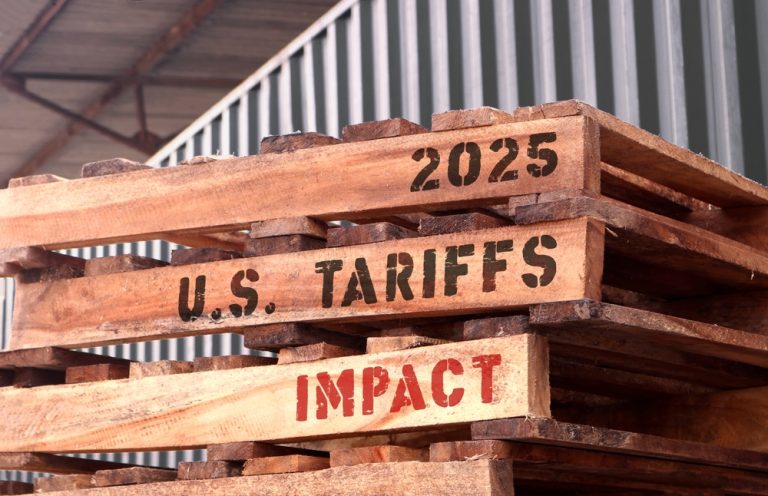White House Targets Semiconductor Industry for U.S. Reshoring
President Donald Trump announced that his administration will roll out new tariffs on semiconductors and microchips within the next week. In a televised interview on CNBC’s “Squawk Box,” Trump stated the upcoming measures aim to increase domestic production of chips, which are critical to nearly every sector of the U.S. economy.
“We want them made in the United States,” Trump said, underscoring his push to shift global technology supply chains back to American soil. The president did not specify details about the tariff levels or how the new policy would affect current imports from major chip-producing countries.
Global Chip Demand Surges, Taiwan Still Dominates Supply
The global appetite for semiconductors has grown rapidly due to rising demand in sectors ranging from smartphones to artificial intelligence. The vast majority of the most advanced chips still come from Taiwan, home to TSMC, which manufactures for top-tier companies like Apple, Nvidia, AMD, and Qualcomm.
Trump has already imposed a 20% tariff on Taiwanese imports starting this week, down from the previously proposed 32% in April. These new semiconductor-specific tariffs appear to be a continuation of his broader economic strategy to reposition manufacturing in the U.S. and reduce dependence on foreign technology.
Tariff Expansion Reaches Pharma and Beyond
Trump’s interview revealed that semiconductors are not the only target. The president also hinted that pharmaceutical imports could face tariffs of up to 250%, a significant increase from the 200% figure he had mentioned earlier. These proposed levies follow an executive order signed just days ago, hiking duties on a wide range of goods from multiple trading partners.
Despite growing concerns from global businesses and trade analysts, Trump remains confident in the approach, claiming high public support. “People love the tariffs,” he said, asserting that his approval ratings are at record highs—even though recent polling suggests otherwise.
Tech Industry Braces for Policy Impact
Trump’s renewed trade offensive could ripple through the global technology sector. Major American firms that rely heavily on overseas chip suppliers may soon face higher costs, potential delays, or supply chain restructuring. With the U.S. still building its domestic semiconductor capacity, companies may struggle to adapt quickly.
While intended to bolster U.S. manufacturing and economic independence, these tariffs could also spark retaliatory measures or raise tensions with key trade partners like Taiwan. As the official policy details are expected in the coming days, the tech world watches closely for what could be a turning point in semiconductor geopolitics.


